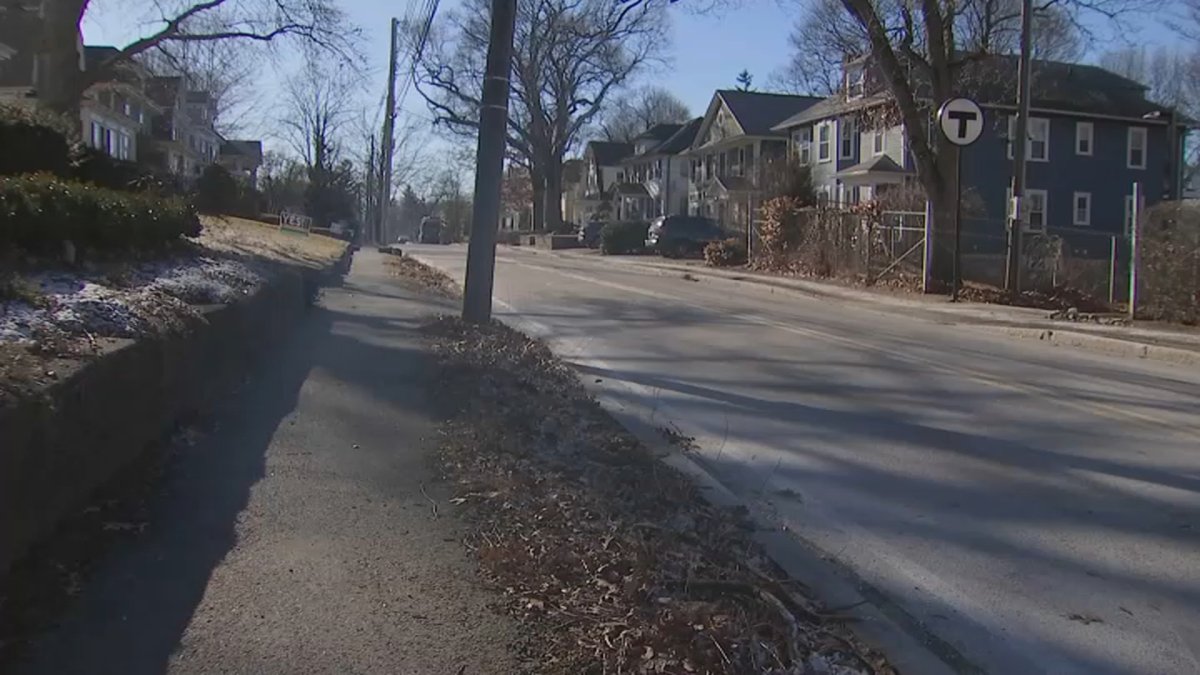The MBTA Communities Act may be law, but its legality is yet to be tested. Granted I'm just a layman, but the selectiveness of the "MBTA Community" designation, as well as the arbitrariness of the requirement formulation lead me to believe that this statute won't survive a court challenge. This law also has other problems having to do with its enforcement.
It's pretty irrefutable that there is a housing affordability problem in this state and that zoning has played a major role in this. I often wonder about what this country would have looked like if the Euclid, Ohio case had gone the other way and zoning was declared unlawful. I tend to think that a far better, more organic building pattern in place of the horror show we currently have would have naturally been established in its absence. But, there are other factors that have contributed to the massive inflation of housing values besides zoning which are being ignored in this conversation. The general financialization of our economy, in addition to governmental policies which incentivize treating housing as investment assets play a huge role in this as well. It's sad that these factors are ignored by the proponents of this law who have chosen instead, in a very simple-minded way, to demonize a bunch of homeowners as the ultimate bad guys here. The authoritarian rhetoric coming from our supposed representatives is especially revolting.


